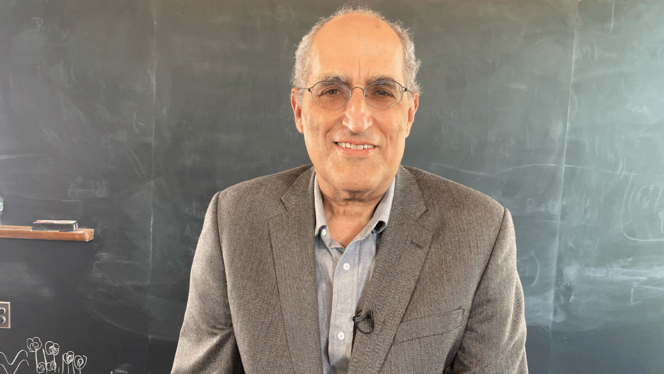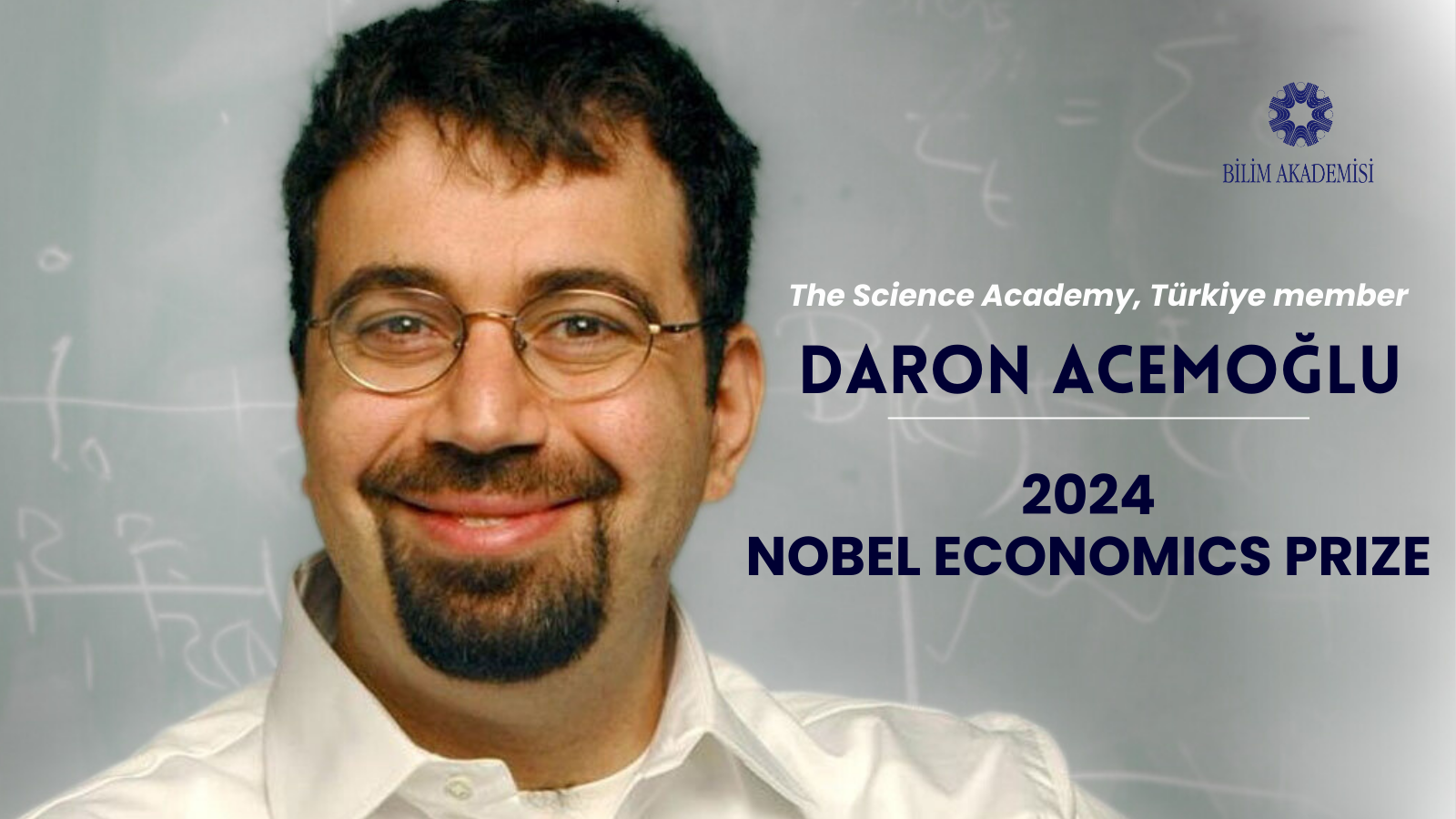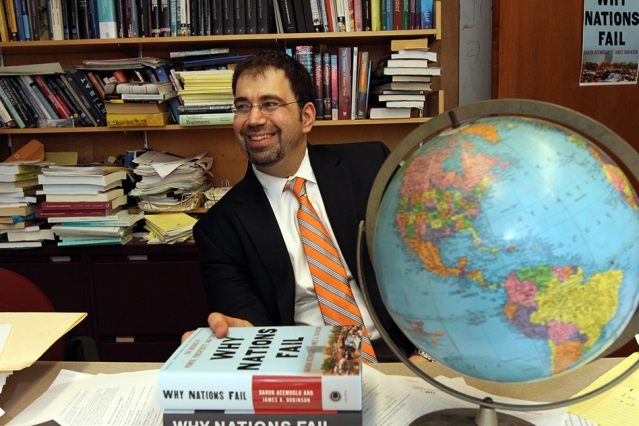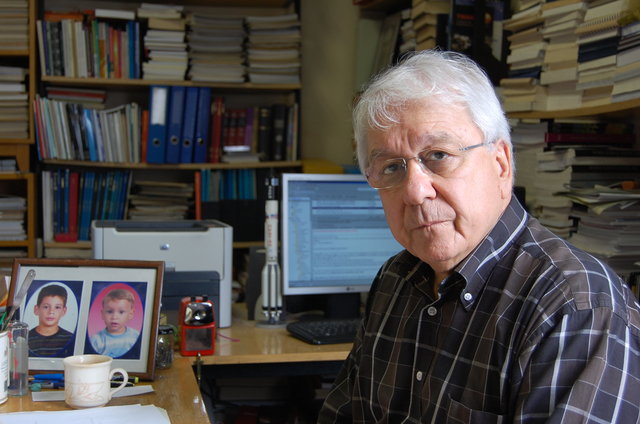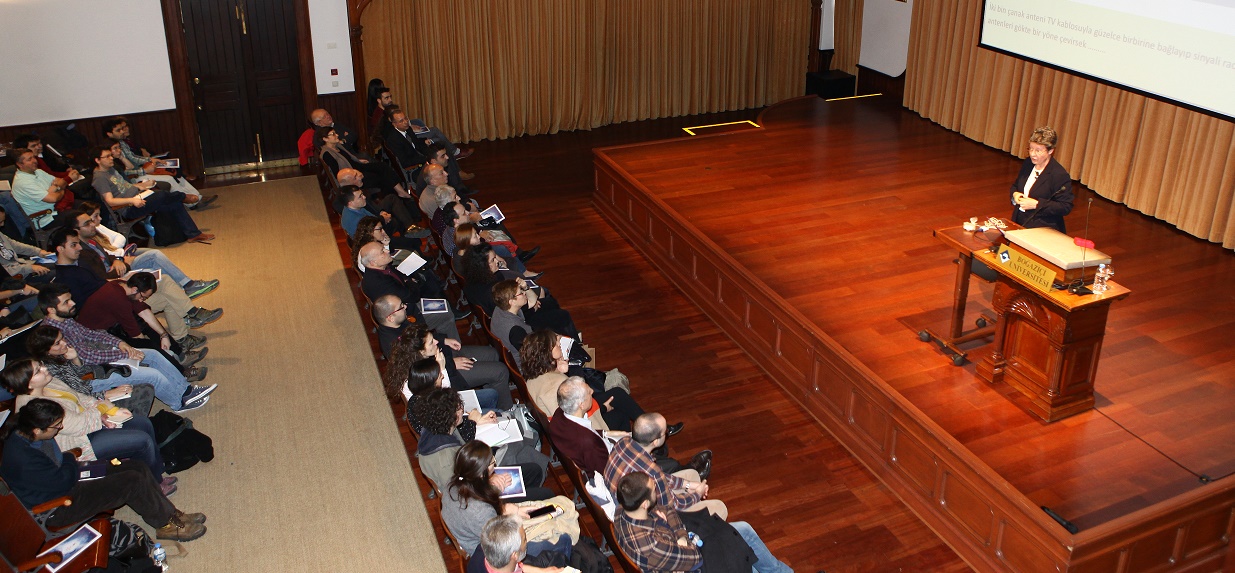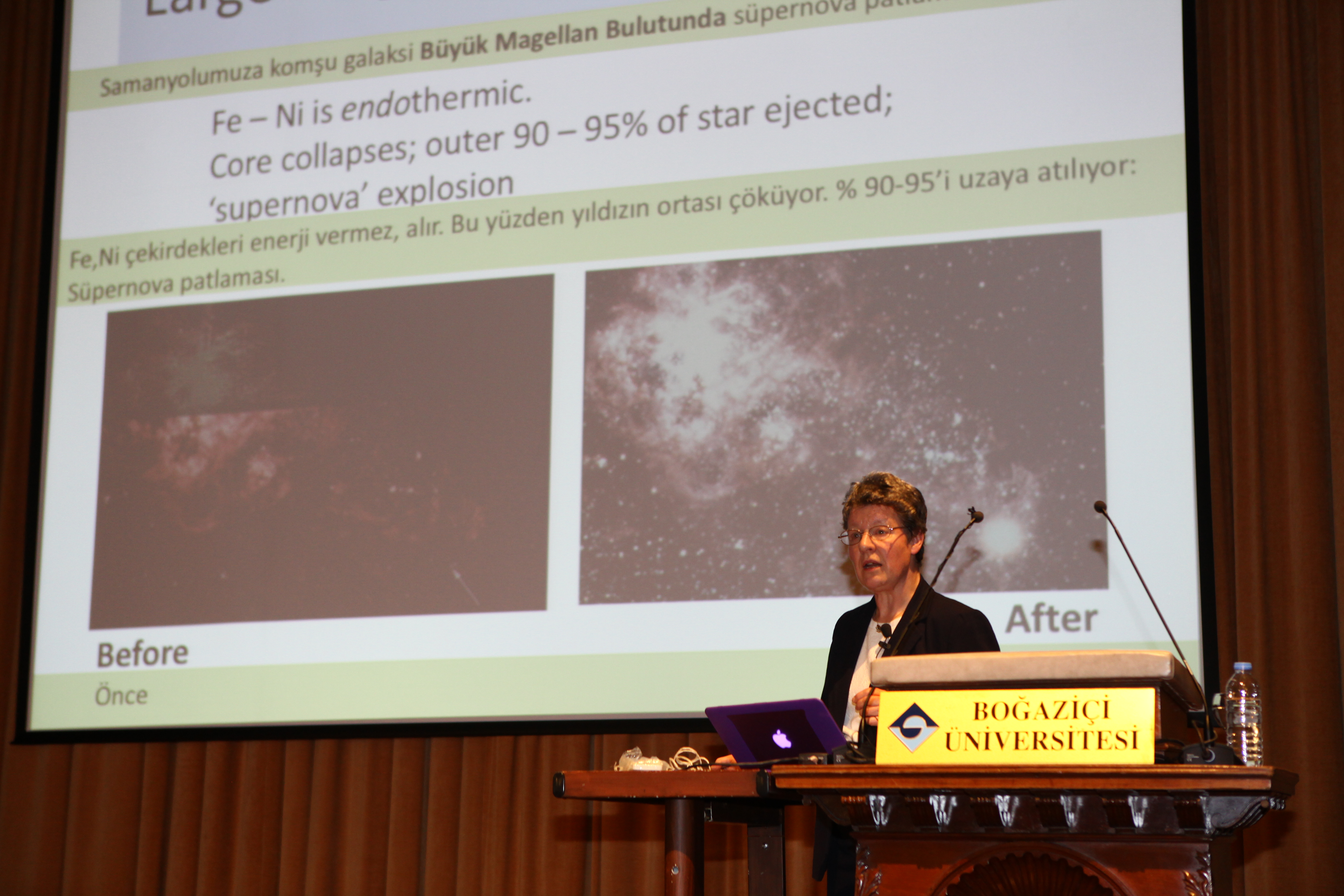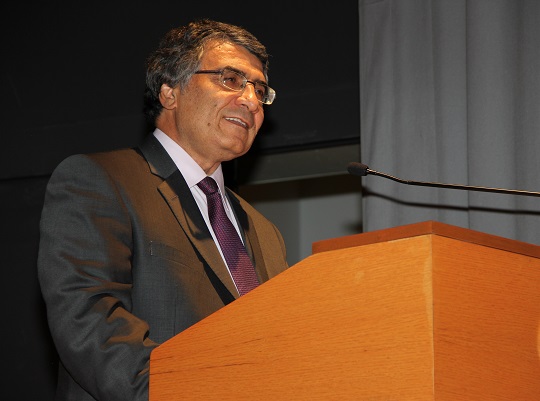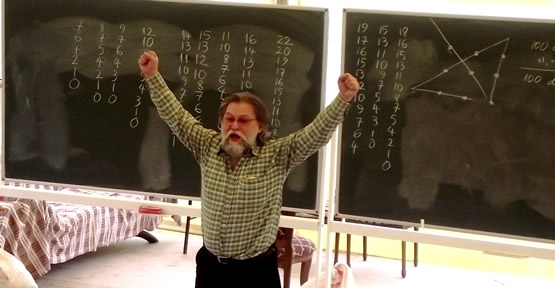Here are excepts from the report entitled Gezi Park Incidents from a Political and Social Sciences Perspective by The Science Academy Working Group:
“The series of events which have taken place since May 28 in and around Taksim’s Gezi Park and their repercussions in 79 provinces across Turkey have led to two diametrically opposite explanations. The first was that these events were part of a conspiracy masterminded by foreign or domestic evil forces who wanted to topple a democratically elected government through illegal means. The other was that these incidents were a belated expression of democratization by upper status groups. Aside from these two widespread opinions, observes highlighted aspects such as defense of secularism and Atatürk, environmentalism, etc.
“As indicated in the very beginning of our article, it would more meaningful to view the Gezi incidents, not as a conspiracy by the so-called interest rate lobby or foreign forces, but rather through a social science perspective. Undoubtedly, Gezi incidents necessitate an in-depth analysis. Yet even this compact analysis suggests that these incidents did not come out of the blue, and were not guided by overseas forces. In addition to this basic deduction, it is possible to reach the following conclusions:
- These events are in continuation of prominent social transformations and mobilizations across the world and Turkey.
- The central demand put forth is respect for the individual (e.g. authenticity, right to choose) and the environment in which the individual lives.
- The protests were not limited to a city, social group, class, age group, gender or profession. Masses of diverse individuals got organized without leaders over social networks.
- The protests had peaceful objectives and made use of peaceful means.
- The protests showed that political participation and democracy cannot be limited to going to the ballot box.
- Heavy-handed police interventions against the protestors and mainstream media’s censorship did not yield the desired results.
Gezi Park incidents laid bare the democratic deficit in Turkey, while revealing the society’s powerful, creative and flexible resolve to reclaim democratic values in an original fashion. However, it must be kept in mind that social movements which fail to institutionalize are bound to fall apart. If the ruling party and opposition parties take the necessary lessons from this authentic and important movement and be more sensitive to the demands expressed, the Gezi events could be a key opportunity in democratizing politics in Turkey.”








